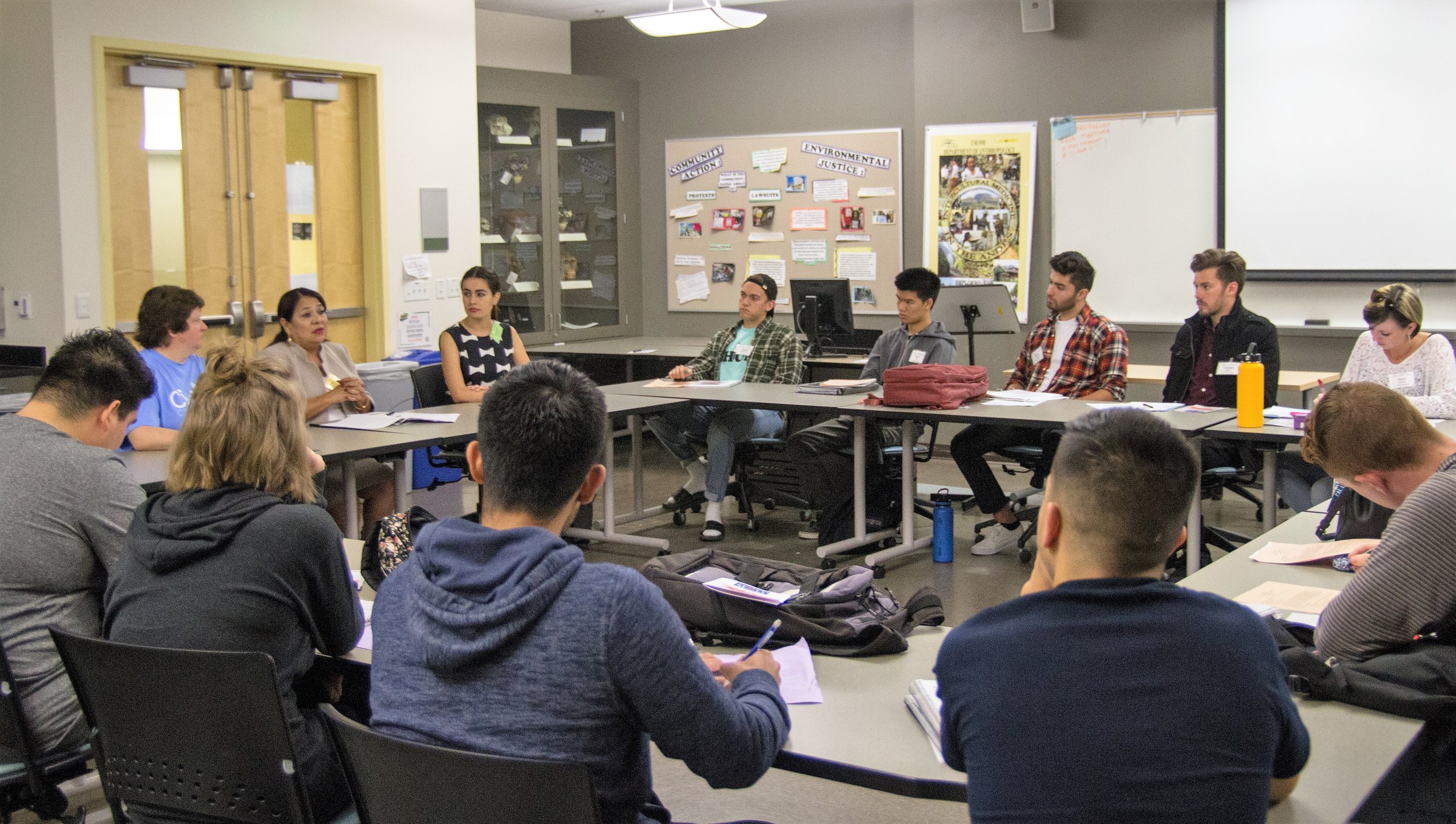current work
BRINGING THEORY TO PRACTICE
Since the summer of 2018, I have served as director of a national higher-ed project, Bringing Theory To Practice. BTtoP—launched in 2003 in partnership with the Association of American Colleges and Universities and hosted as of summer, 2020 at Elon University—works to renew the core purposes of college education through innovative practices and institutional change.
What are these purposes? Enabling students to become engaged, active, and reflective learners; to develop their capacity for democratic public life; to discern and prepare for meaningful work; to flourish personally. All students deserve an education grounded in these goals, no matter their background, studies, or interests. Too few receive one--whether because of growing inequality, growing fragmentation in academic institutions, or the growing public belief in instrumental notions of postsecondary training. In the face of these challenges, BTToP's mission is at once critical and foundational: to develop new models of holistic, transformative education for all students. The good news is that there's enormous creativity and commitment to draw on, across higher education and outside it.
In its first fifteen years, Bringing Theory To Practice supported projects, research, and programmatic initiatives on more than three hundred campuses. (Pictured at left is one of them: an initiative at California State University--Chico, where students in first-year seminars design campus-wide Town Halls to engage wicked civic problems.) BTToP also held regular national convenings and published books on change in undergraduate education, civic engagement, and student well-being.
The new chapter of Bringing Theory To Practice aims to transmute our network of innovative grantees and campus change-makers into a true movement committed to shifting the national conversation about higher education. We are placing a special emphasis on networked collaboration among academic institutions, instead of campus-by-campus innovation. To learn more, you can visit the website of BTtoP, as well as reading our triannual Newsletters and “Bringing It,” our biweekly listserv letter.
--------------------------------------------------------------------------------------
Here is information about my involvement with BTtoP prior to becoming Director. Here are links to essays in its publications, including pieces on the current crisis in higher education, the importance of civic engagement in that "Copernican moment," and the well-being needs of adult, nontraditional students.
Nontraditional students
Alongside my new role in Bringing Theory to Practice, I remain deeply interested in the experience of adult, nontraditional students and committed to improving their educational opportunities. They are the majority of U.S. undergraduates, and (as my students in The New School's Public Engagement Fellowship taught me) they're largely ignored or misrecognized by higher education.
In 2016-18, I served as Senior Scholar for The Graduate! Network, a network of metropolitan and regional initiatives supporting adults returning to college. I continue to research write about the lives, needs, and aspirations of nontraditional students, drawing on their voices and life-stories through fieldwork and oral history.
Working with colleagues at institutions like College Unbound and The Evergreen State College, I have helped to organize the Great Colleges For the New Majority Network, a group of some of the most creative and effective programs for adult, working college students. Through summer institutes and other initiatives, the Great Colleges Network distills and spreads models of transformative education for nontraditional students.
-------------------------------------------------------------------------------------------
Here is the Mission Statement for the Great Colleges Network.
Here's an interview I did with the NPR Education Team about the needs of adult learners.
Here are articles about the well-being needs of nontraditional students and about the equity imperative of improving their educational opportunities.
Here is a recent op-ed about the debt barriers faced by adults hoping to return to college.
Recent and forthcoming work:
(See vita for fuller information.)
Publications:
"The Other Student Debt Crisis," Inside Higher Ed (online, December 4, 2017)
“How Does Change Really Happen in Higher Ed?” AAC&U News, October, 2018 URL
“The Path Across America’s Divide Starts at Its Colleges,” Chronicle of Higher Education, February 18, 2019 (annual “Trends” issue) URL
“Looking West From the Empire City: National Landscape and Visual Culture in Gilded-Age New York,” in Margaret R. Laster and Chelsea Bruner (eds.), New York: Art and Cultural Capital of the Gilded Age (Routledge, 2019)
“The Crossroads of Change: Why Adult Learners Are So Important to the Future of Higher Education (and Vice Versa),” Explorations In Higher Education 6 (Winter, 2020) PDF
"Sibling Rivals or Kissing Cousins? Community Engagement, Social Innovation, and Higher Education For the Public Good," in Eric Mlyn and Amanda Moore McBridge (eds.), Connecting Social Innovation and Civic Engagement: Toward Higher Education’s Democratic Promise (Stylus, 2020)
Talks and presentations:
"Tenure And Promotion Policies That Value Engaged Scholarship: Lessons From The U.S. Experience" (Pierre Elliot Trudeau Foundation, Montreal, 2017)
“Navigating the Storm: Currents of Change and Creativity in Undergraduate Education,” keynote, Undergraduate Summit, Association of Schools and Programs of Public Health annual conference (Arlington, Virginia, March, 2019)



